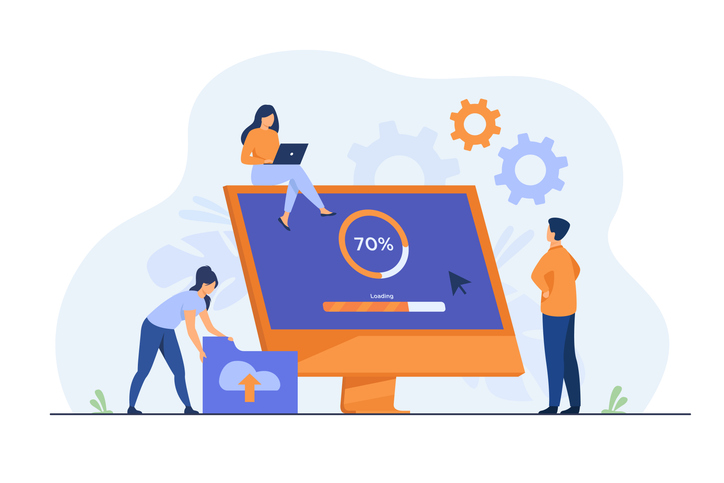Since the first Payment Services Directive a decade ago, advancements in payment technology have developed at a rapid pace for consumers and financial companies alike.
However, there is certainly ambiguity as to what PSD2 is and what it will mean for the involved parties.
But in ambiguity, there is an opportunity, and putting the focus on improving the customer experience is a great thing.
What is PSD2?
PSD2 will enable consumers to use third-party providers to manage their finances. This means they will be able to make purchases through retailers or apps directly, without being redirected to another financial service such as PayPal or Visa to complete the payment.
How could it affect the FinTech space?
This change will open up the market for international payments and offers a wealth of opportunities to FinTech firms that were previously only available to banks. Firms will be able to provide a better customer experience and financial services such as loans that have historically been dominated by banks.
With banks losing their monopoly on account information and user data, it essentially levels the playing field for these firms and invites innovation and a refreshed sense of healthy competition.
How might it change the larger banking/payment industry?
PSD2 opens up the banking market to more payment services including eCommerce sites, mobile wallets and anyone receiving payments by direct debit.
By demanding that financial institutions provide third parties with open access to customer data (with their consent), it will boost the sharing economy and benefit the consumer, giving them more ways to make transactions and greater control over their payments.
With 88% of consumers already using third-party providers for online payments, the market is clearly primed for change. However, the onus is now on banks, payment providers and FinTech firms to rethink and reconsider their business models to stay on top.
Competition and cooperation
A possible negative for some businesses affected by PSD2 is that the competition could become fierce. Some may be forced to lower prices to stay ahead and new, tighter security regulations will be an expensive hurdle for many companies, especially start-ups. Similarly, the opening up of APIs will come at a high cost.
The future of the digital finance industry might be uncertain, but the opportunity for new and evolving apps, strategies and technologies to change the marketplace is an exciting prospect.
To survive this wave of change, banks and FinTech firms may choose to collaborate, building the bridges of communication at this early stage so that they can tackle changes together and draw on the expertise of each other.






